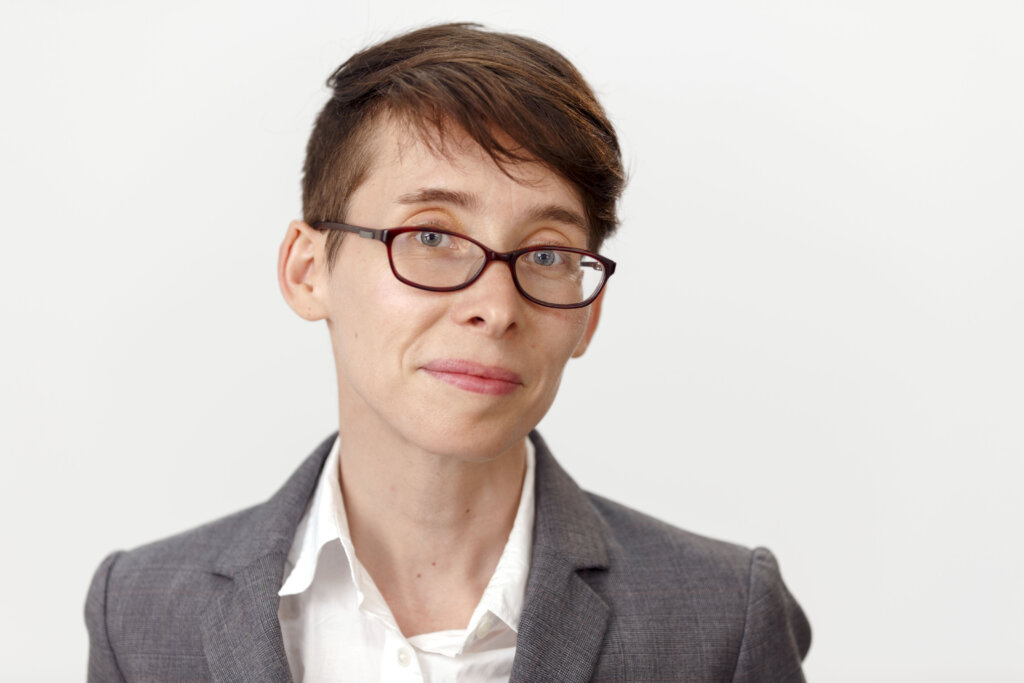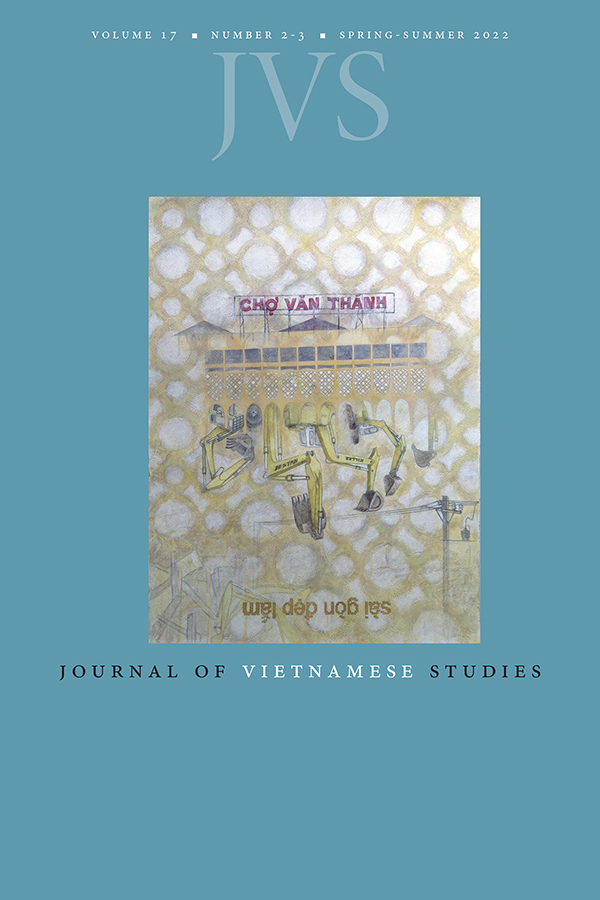We are delighted to introduce the new editorial team for the Journal of Vietnamese Studies.

Peter Zinoman is Professor of History and Southeast Asian Studies at University of California, Berkeley. He is the author of The Colonial Bastille: A History of Imprisonment in Vietnam, 1862-1940 (UC Press: 2001) and Vietnamese Colonial Republican: The Political Vision of Vũ Trọng Phụng (UC Press: 2014). He is also the editor and co-translator of Dumb Luck: A Novel by Vũ Trọng Phụng (University of Michigan Press, 2002). In 2006, Zinoman helped found the Journal of Vietnamese Studies at the University of California Press. He is currently writing a book on cultural politics in the Democratic Republic of Vietnam during the 1950s.

A historian of modern Vietnam, Van Nguyen-Marshall is an Associate Professor at Trent University in Ontario, Canada. She has published on both colonial and post-colonial Vietnam, exploring discourses and practices relating to charity, volunteerism, civic work, political activism, and wartime experiences of civilians. Her forthcoming book, Between War and the State: Civil Society in South Vietnam (Cornell), examines the dynamic associational life of South Vietnam’s residents as they coped with warfare, national division, government repression, and foreign intervention.

Martha Lincoln is Assistant Professor of Cultural and Medical Anthropology at San Francisco State University. She is the author of Epidemic Politics: Public Health and the State in Contemporary Vietnam (Bloomsbury Academic, 2021). She has published research on other aspects of contemporary Vietnamese society, including stratification in the health care system, alcohol use and drinking cultures, informal economies, and the ghosts of the Cambodian-Vietnamese war.

We asked the new editorial team about their aims for the journal’s future.
What makes JVS special?
PZ: JVS is the only peer-reviewed academic journal published regularly in English specializing in Vietnamese studies. It assumes that there exists a learned anglophone academic audience with a broad, serious interest in Vietnamese history, politics, society and culture. It seeks to nurture and promote both rigorous research and a range of new topics, innovative approaches and revisionist impulses in the field of Vietnamese studies.
VNM: Besides being the premier journal for Vietnamese studies outside of Vietnam, JVS embodies an activist spirit—encouraging mentorship, taking chances on young scholars, and attending to current developments in the field. This editorial emphasis will continue to develop under our leadership.
ML: Much like the field of Vietnamese Studies itself, JVS is a very interdisciplinary, lively, and heterodox venue. It features the highest-quality English-language scholarship on Vietnam. JVS has been a place for researchers to keep pace with rapid social transformation in present-day Vietnam—and for scholars of Vietnam to continue challenging the premises of their field.
What are the incoming editors aiming for with JVS?
PZ: We hope to attract the best scholarship in Vietnamese studies and to remain required reading for students and scholars of the field.
VNM: We are aiming to make the Journal more relevant and central to Vietnamese studies; to promote and support innovative research and meaningful scholarly dialogue. I would like the journal to be the first place that top researchers want to place their work.
ML: As incoming Editors-in-Chief, we share research interests that are central to Vietnamese studies today—such as civil society, cultural politics, and social movements. We look forward to reviewing submissions featuring opinionated, original, and deeply informed perspectives on historic and contemporary Vietnam.
